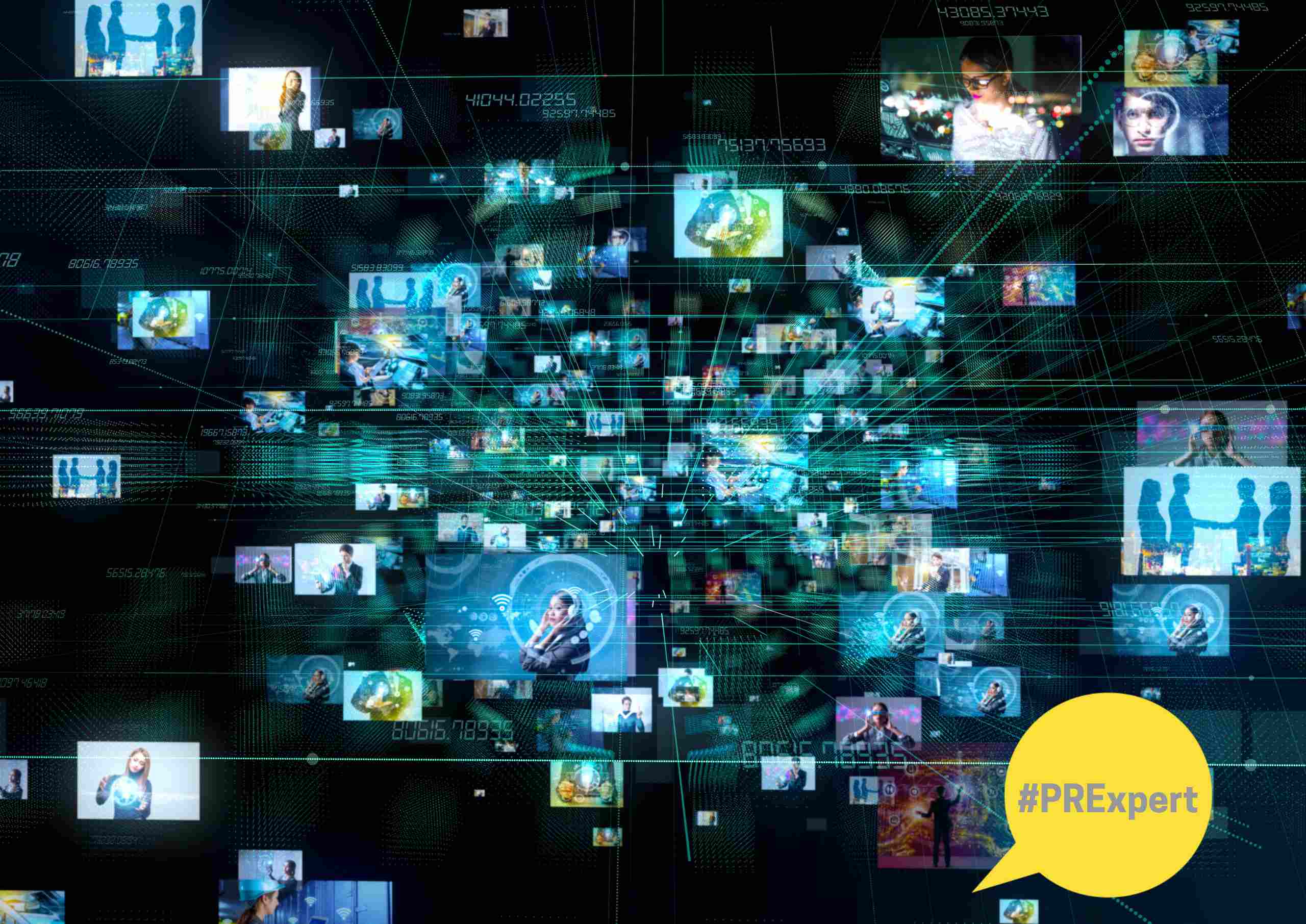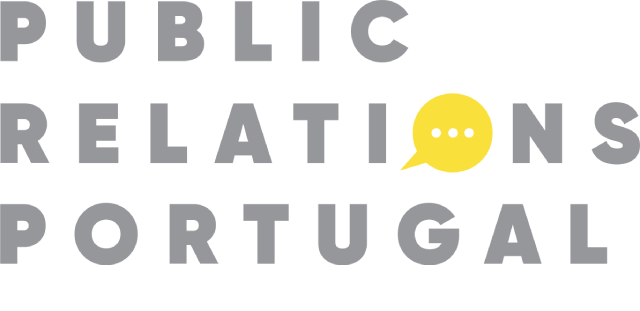Big Data and Ethics

It is essential for PR professionals to understand the impact of Big Data and ethics on communication practices. The evolution of the web’s structure is rapidly accelerating, which makes the process even more challenging.
Metadata and Artificial Intelligence
Metadata is revolutionary, because it eases the process of recognition and ‘sense-making’ of content by automated systems. It categorises and describes people, products and concepts using meta- rather than textual data. Basically, it is an invisible computer code attached to each file. For humans it is invisible or incomprehensible, but for AIs metadata is easily legible and helpful.
All of this enables users to move beyond simple word matching to conceptual searching. For example, a conceptual search for ‘companies investing in green energy’ could return data about companies investing in solar, wind and other alternative sources of energy — not only documents containing the specific search words. Furthermore, the more these algorithms learn, the better they will be at delivering relevant information.
With these increased semantic capabilities, today’s web is deploying recommendation engines. They track users’ digital trails and proactively offer information relevant to them. These recommendations are based on the given user’s interests, determined by their previous searches, views, downloads, posts and purchases.
The Human Element
Increasingly more often, web users will not have to find information – relevant information is going to find them. When combined with technologies such as geolocation tracking and ‘Big Data’ – vast repositories of information captured and stored – targeting will be easier. We will be able to send messages to people in specific locations at specific times based on their specific interests. This has major financial and ethical implications for marketers and government service providers.
With such evolving and expanding capabilities, PR practitioners need to be mindful and respectful of the rights of social media users and be ever more mindful of ethics. Use of data and targeting should not invade privacy. Furthermore, organisations should not misrepresent their intentions in social media and should be transparent in their marketing and promotional activities. Boundaries are blurring and disappearing between online advertising, news and commentary. New forms of content need to be carefully considered and addressed with reflective practices and appropriate codes of ethics.
And always remember that ethical communication is the bedrock of professional PR.
